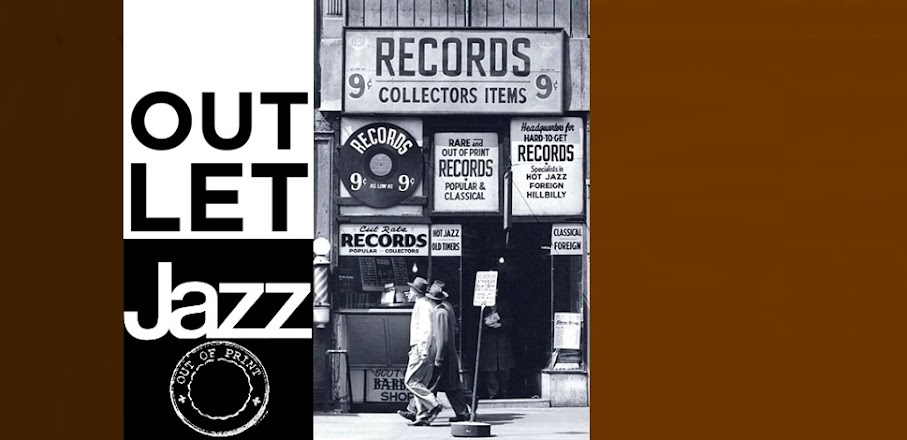Literally speaking, what happened five minutes ago is history but when we talk about history usually we are not referring to the recent past. If it is history we're considering then the event must have a significance that sets it apart as something special.
On October 5, 1951, a recording session was held whose importance memory would ill serve without the permanent evidence. All of us have been present at those magic moments when memorable music was made. If there is no recording device present, however, to preserve the sounds they become pretty hazy as the years roll by.
When the tracks that make up this album were first issued, in part, on 10-inch LPs, we knew that they would be historic recordings. More than eighteen years later their value has increased. True the men involved have gone on to greater musical maturity and wider public acclaim, but October 5, 1951 represents a time in their lives when their playing reflected the particular kind of vitality —and way of looking at the world— that comes only from youth. At the time Art Blakey was 32 and Tommy Potter 33 —not exactly old— but I’m referring specifically to Miles Davis (25), Walter Bishop Jr. (24), Sonny Rollins (22) and Jackie McLean (19). The talent was there and so was the desire to play, fired by an involvement with a music that had captured their imagination and which they were helping to further develop.
Although all seven tracks in this LP have been released before, this is the first time that the complete session has been issued in one album. That in itself is of historical importance. Conception is some heavy history. *Ira Gitler (Liner notes, March 1970)*
Conception is a picture of what Davis learned from Parker, and a small taste of what Rollins was about to hit us with, but it’s also a defiant half-step forward towards the music that would make these guys jazz icons.
One of the great draws of jazz music is how its greatest players all tended to collaborate with each other, and the combination of Miles Davis and Sonny Rollins on Conception is no exception. These sessions, recorded in 1951 for the Prestige label, feel like a playful and inventive introduction between Davis and Rollins. We can hear them getting to know each other, falling in rhythm with one another. Of course, on top of that, we also get to see two young men just beginning to realize their powers.
Davis was just starting to pull away from his work with Charlie Parker and to make his own way. By 1951, he had already recorded the material that would become Birth of the Cool (which didn’t see release until 1956), and he was just a few years away from a string of unforgettable Prestige releases with his first quintet. Rollins too was quietly making a name for himself. He was just a few years away from creating a classic run of hiw own albums for Prestige, including 1956’s Saxophone Collosus. The impending freedom for both players to create, and the recognition that came along with it, informs at least part of these recordings.
These tracks stretch out and jam in a way that was innovative for the time. *Matthew Fiander*
Some rewarding, sometimes dazzling post-bop jazz featuring trhee musicians' musicians — Davis, Rollins and drummer Art Blakey. Set has drawbacks, including some drum-heavy balances, too much echo occasionally in the remastering (these were recorded in '51 and out previously on 10-inch), and Rollins' squeaky reed.
Neverthless, dyed-in-the-wool modernises will buy them. Demostrates Davis' up-tempo work on "Denial", and despite the band sound on "Dig" which actually is "Sweet Georgia Brown". *Billboard, February 4, 1956*
Side 1
1 - Conception
(Shearing)
2 - Dig
(Davis)
3 - It's Only A Paper Moon
(Arlen, Rose, Harburg)
4 - Denial
(Davis)
Side 2
5 - Out Of The Blue
(Davis)
6 - My Old Flame
(Johnston, Koslow)
7 - Bluing
(Davis)
Miles Davis (trumpet), Sonny Rollins (tenor sax), Jackie McLean (alto sax), Walter Bishop, Jr. (piano), Tommy Potter (bass), Art Blakey (drums).
Recorded at Apex Studios, New York City, October 5, 1951.


Gracias Hector. No conocia esta grabación. Muy ineresante.
ReplyDelete